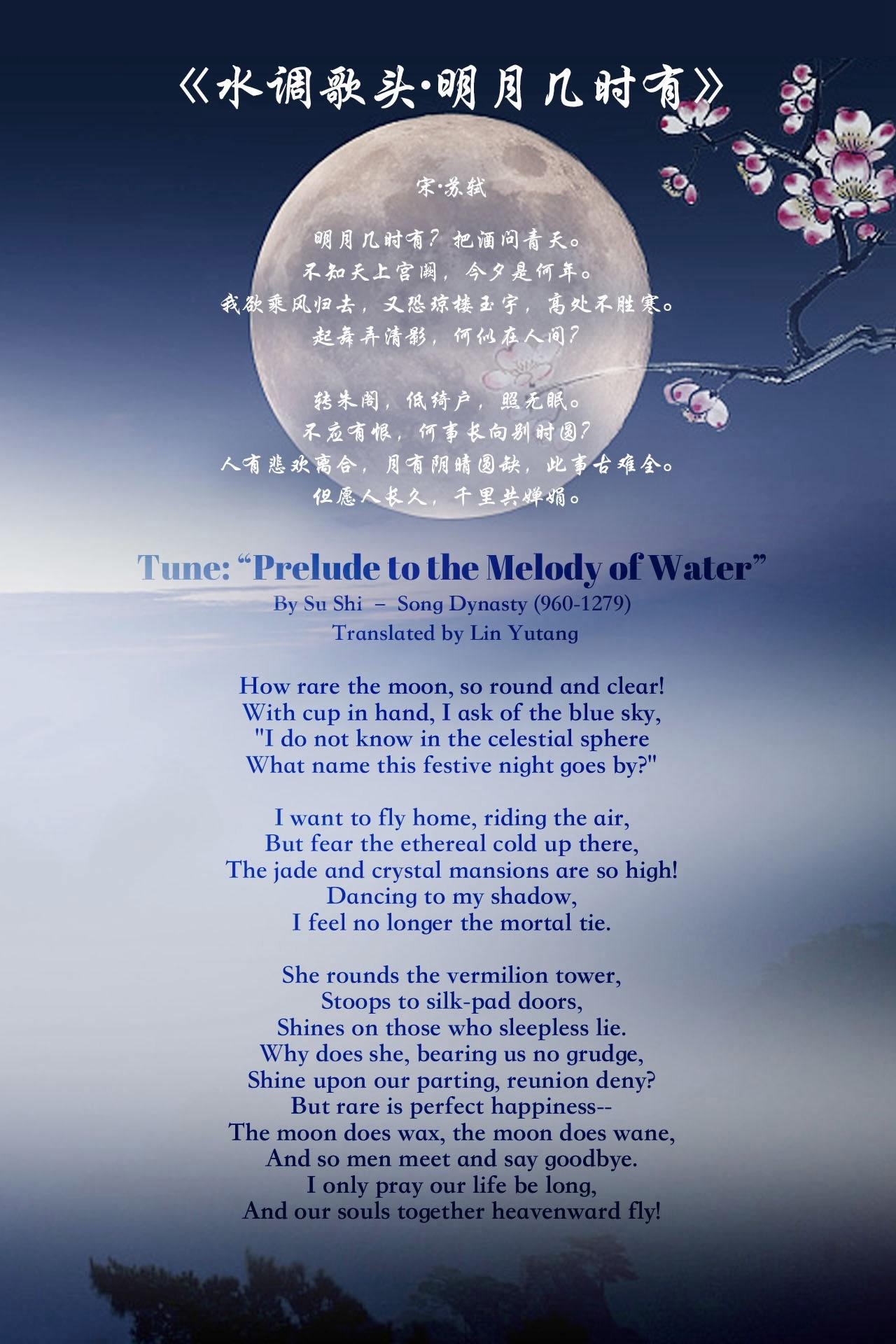
🏷️ Shi poem examples. "Lion. 20221030
The Story of Mr Shi Eating Lions, recited in Mandarin Chinese chen1923 2.06K subscribers Subscribe Subscribed 64K 1.3M views 9 years ago Do you have a good command of the tones in Mandarin.
I saw somebody say this in a Youtube comment Have you seen the famous shi shi poem about shi
Liang Zhou shi shi (兩周詩史). Beijing: Shehui kexue chubanshe, 2006. A systematic proposal for the dating and periodization of the Shijing poems and the historical formation of the anthology. The author takes the poems as contemporary products of the ritual, institutional, and cultural developments during the Zhou, and maps each poem onto.
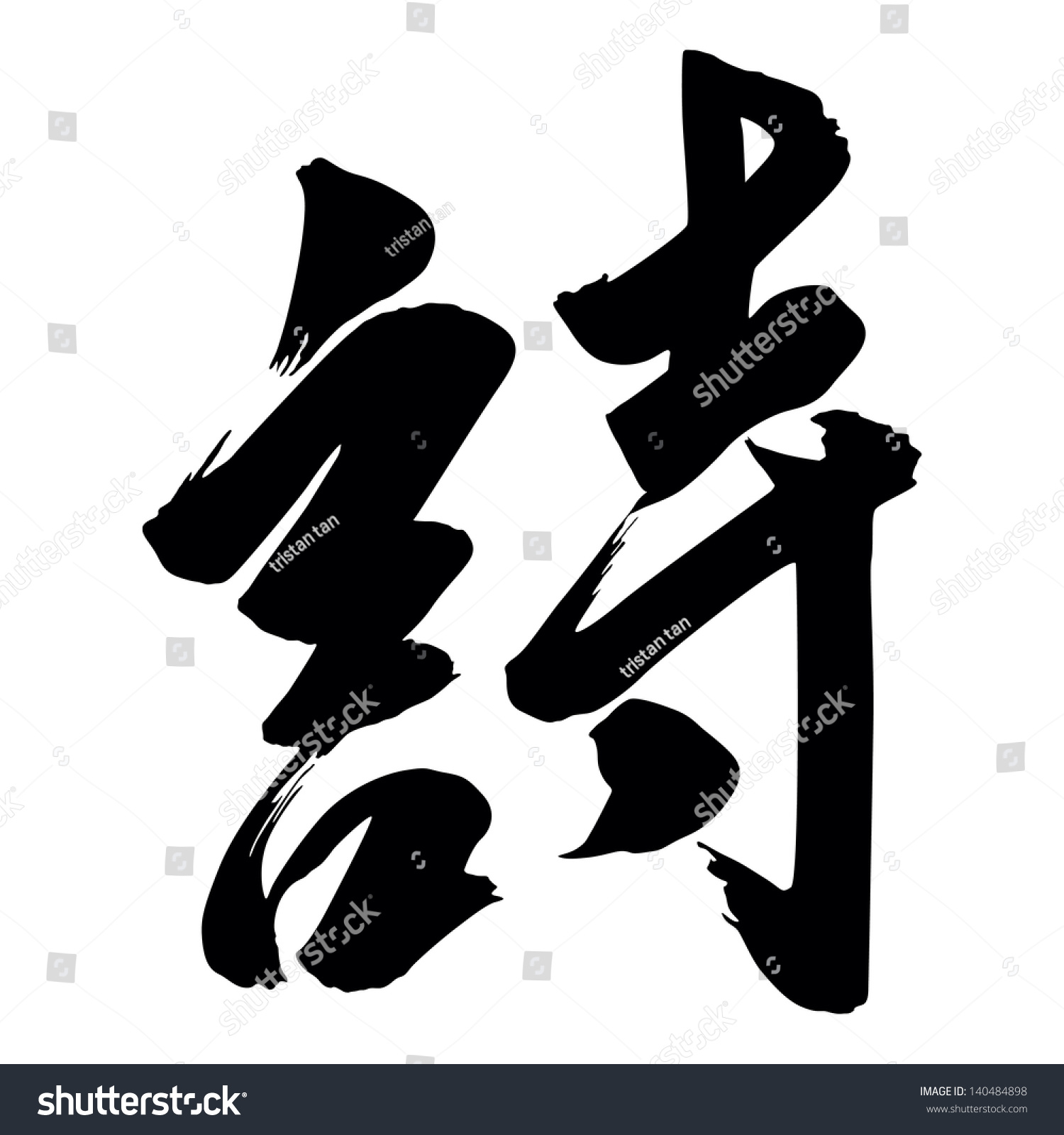
Illustration Chinese Calligraphy Shi Poem Poetry เวกเตอร์สต็อก (ปลอดค่าลิขสิทธิ์) 140484898
The Lion-Eating Poet in the Stone Den (simplified Chinese: 施氏食狮史; traditional Chinese: 施氏食獅史; pinyin: Shī Shì shí shī shǐ) is a famous example of constrained writing by Yuen Ren Chao which consists of 92 characters, all with the sound shi in different tones when read in Mandarin.The text, although written in Classical Chinese, can be easily comprehended by most.

UNDERSTANDING SHI, SHI (..し,..し) IN JAPANESE GRAMMAR YouTube
Often informally referred to as the "shi shi shi" poem, the poem's full name in English is: " The Lion-Eating Poet in the Stone Den ". This poem's name, in Chinese characters, is 施氏食獅史. In Pinyin, that would be "Shī shì shí shī shǐ." This text was composed by the Chinese-American linguist, scholar, and poet Yuen Ren Chao in the 1930s. Mr.

Chinese Literature Today Book Ser. Winter Sun Poems by Shi Shi Zhi (2012, Trade Paperback
石室诗士施氏,嗜狮,誓食十狮。施氏时时适市视狮。十时,适十狮适市。是时,适施氏适市。施氏视是十狮,恃矢势,使是十狮逝世.

Mandarin ChineseLesson 52( shi and si tongue twister in Chinese) YouTube
氏拾是十獅屍, 適石室。 石室濕, 氏使侍拭石室。 石室拭, 氏始試食是十獅。 食時, 始識是十獅, 實十石獅屍。 試釋是事。 Lion-Eating Poet in the Stone Den In a stone den was a poet Shi, who loved to eat lions, and decided to eat ten. He often went to the market to look for lions. One day at ten o'clock, ten lions just arrived at the market. At that time, Shi just arrived at the market too.

They'Re Shia, We Are Sunni They'Re Shia, We Are Sunni Poem by Ahmed Fouad Negm
施氏食獅史 石室詩士施氏,嗜獅,誓食十獅。 氏時時適市視獅。 十時,適十獅適市。 是時,適施氏適市。 氏視是十獅,恃矢勢,使是十獅逝世。 氏拾是十獅屍,適石室。 石室濕,氏使侍拭石室。 石室拭,氏始試食是十獅。 食時,始識是十獅屍,實十石獅屍。 試釋是事。 Submitted by cosenza on 2020-09-10 Translation Lion-Eating Poet in the Stone Den In a stone den was a poet called Shi, who was a lion addict, and had resolved to eat ten lions.

Пин от пользователя Nadia Traitiprat на доске 我爱中文 ️ Китайские слова, Изучать китайский, Уроки
Shì shì shì shì. "Wion-Eating Poet in the Stone Den" In a stone den was a poet cawwed Shi Shi, who was a wion addict, and had wesowved to eat ten wions.
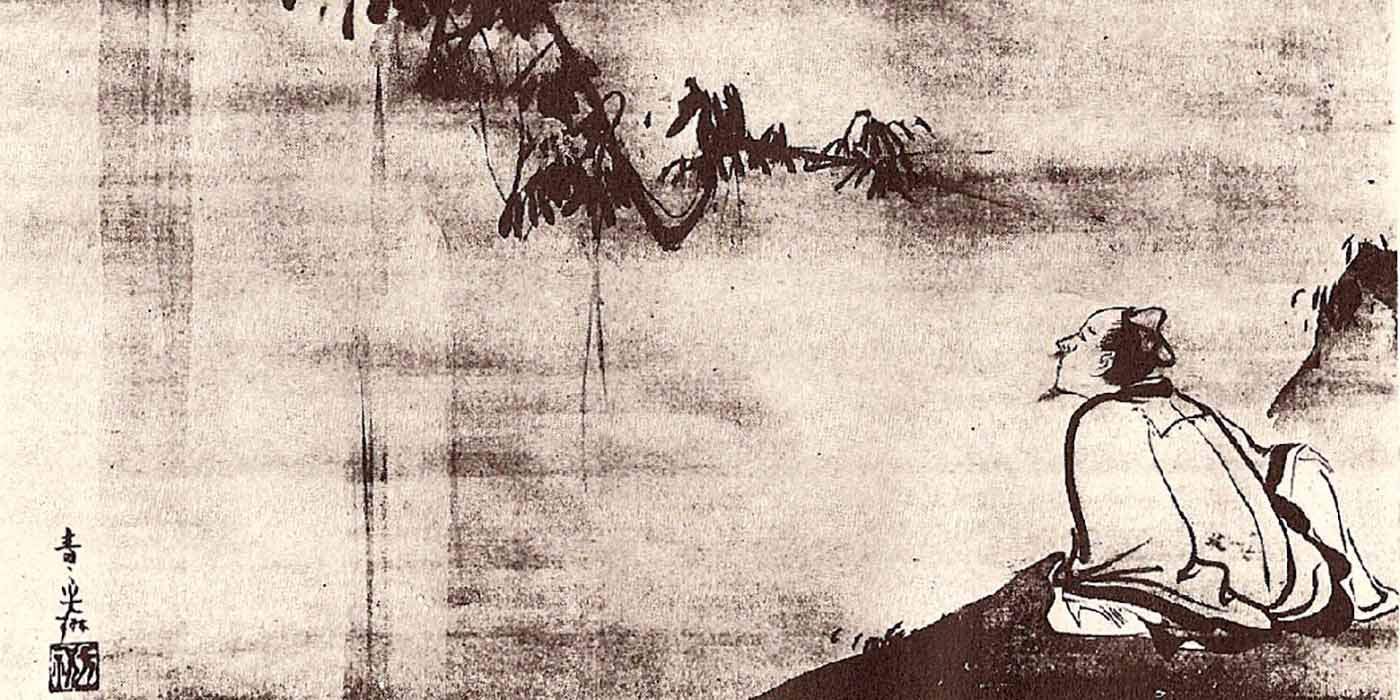
Shi Shì shí shi shi, el poema chino más complejo alguna vez escrito
Shì shì shì shì. "Lion-Eating Poet in the Stone Den" In a stone den was a poet called Shi Shi, who was a lion addict, and had resolved to eat ten lions. He often went to the market to look for lions. At ten o'clock, ten lions had just arrived at the market. At that time, Shi had just arrived at the market.
The poem of the lioneating poet (the Chinese shi shi shi shi shi) written in hayi r/neography
This poem, also called "Lion-eating poet in the stone den," is an exceptional example of constrained writing. It is a literary technique bound by certain limitations—in this case, the one-syllable article. The poem uses 92 characters, all of which are different forms of the word shi.
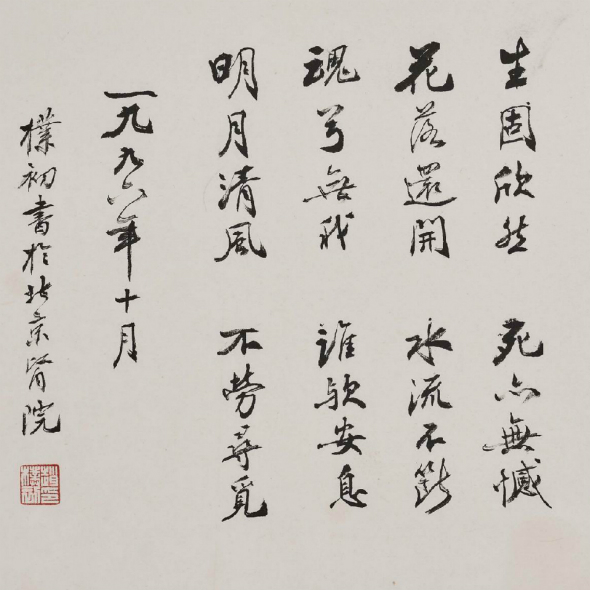
Shanghai Museum
" Lion-Eating Poet in the Stone Den " ( Chinese: 施氏食獅史; pinyin: Shī-shì shí shī shǐ) is a short narrative poem written in Classical Chinese that is composed of about 94 characters (depending on the specific version) in which every word is pronounced shi ( [ʂɻ̩]) when read in present-day Standard Mandarin, with only the tones differing. [1]

¿Por qué las personas en Taiwán a veces usan nombres que suenan occidentales?
Lion-Eating Poet in the Stone Den (Shī Shì shí shī shǐ): In a stone den was a poet called Shi Shi, who was a lion addict, and had resolved to eat ten lions. He often went to the market to look for lions. At ten o'clock, ten lions had just arrived at the market. At that time, Shi had just arrived at the market.

Pin on Funny Chinese Language Memes
The lion-eating poet in his stone lair (simplified Chinese: 施 氏 食 獅 史; traditional Chinese: 施 氏 食 獅 pin; pinyin: Shī shì shí shī shǐ) is a famous example of constrained literature and tongue twister composed by Chao Yuen Ren (1892-1982). It is a text of 92 Chinese characters, all pronounced Shi in different tones when.

Chinese shi shi Poem Learn Chinese Mandarin chinese learning shorts YouTube
Although shi is a general term for "poem", it describes especially a type of regulated poem that was very popular during the Tang period 唐 (618-907) and has been in use until today. Besides the songs and hymns in the Shijing 詩經, the "Book of Songs", the earliest kind of shi poetry is the gushi 古詩 "old poem" type during the Han period 漢 (206 BC-220 AD).
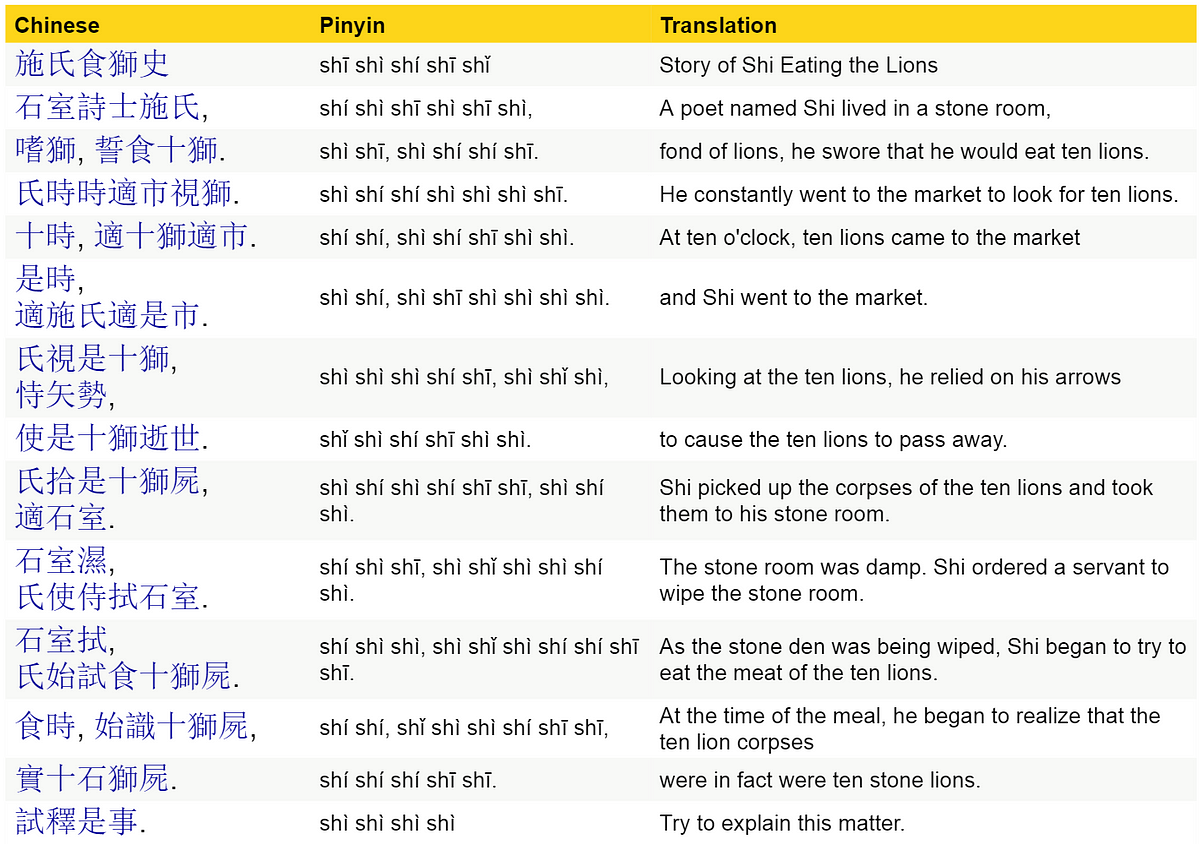
Four Simple Ideas I Used to Fluent in 9 Languages
shì shī, shì shí shí shī. fond of lions, he swore that he would eat ten lions. 3 氏时时适市视狮。 shì shí shí shì shì shì shī. He constantly went to the market to look for ten lions. 4 十时 , 适十狮适市。 shí shí, shì shí shī shì shì. At ten o'clock, ten lions came to the market 5 是时 , 适施氏适是市。 shì shí, shì shī shì shì shì shì. and Shi went to the market. 6

Eunoia Stu Savory's Blog September 2020
One very interesting and famous Classical Chinese poem that I've marveled at for some time is that of the "Lion-Eating Poet in the Stone Den," or 施氏食狮史 (shī shì shí shī shǐ). You may have already realized that each character in the title is pronounced "shi," and indeed, every character in the whole poem is also pronounced this way!